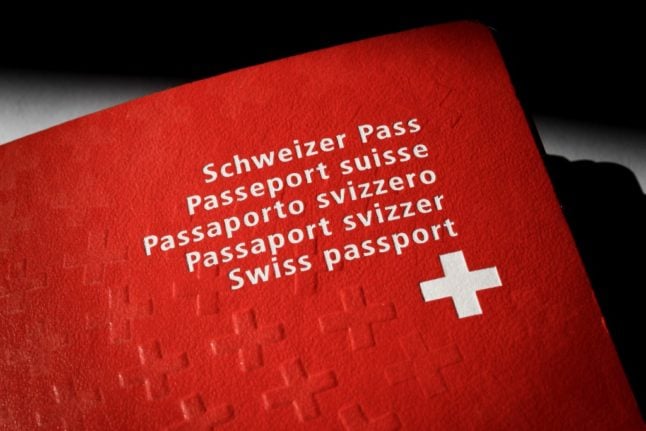There are two kinds of residency permits in Switzerland — one is a B and the other C.
The former is issued to EU/EFTA citizens who have an unlimited employment contract; in such cases, the permit is valid for five years and can then be renewed for five further years if the the resident has satisfied all the requirements related to language proficiency and integration.
READ MORE: Nine things you need to know about work permits in Switzerland
There is also another type of B permit, which is tied to your job and has to be renewed each year. It is given to people from non-EU countries who are employed under Switzerland’s quota system.
The C permit, on the other hand, means the foreigner is a permanent (or ‘settled’) resident. These permits are reserved for those who have been living in Switzerland for either five or 10 years, depending on the nationality.
EU/EFTA nationals, as well as American and Canadian citizens, are eligible for C permits after five years of continuously living in Switzerland on the B permit, while all the others must reside here for 10 years with a B, before qualifying for the C permit.
All this might sound confusing, but it is important to know in order to understand the ‘permit hierarchy’ in relation to naturalisation.
C trumps B
It doesn’t really matter how long you have been living in Switzerland; what matters, at least in terms of citizenship, is which of the permits you have.
To put it simply, while the B permit is sufficient to live and work in Switzerland, it does not make its holder eligible for naturalisation. The only ‘stepping-stone’, as it were, to citizenship is the C permit.
So to answer the question — no, you can’t seek naturalisation with a B permit, regardless of how long you have been living in the country.
You can, on the other hand, apply for the C permit, as long you fulfil the above-mentioned residency requirements.

What happens when you are granted the C permit?
This permit brings you closer to the Swiss passport, though you are not quite out of the woods yet.
While it allows you to apply for naturalisation, the mere fact of having the C permit doesn’t guarantee you will be granted citizenship.
All applicants for citizenship must also abide by Swiss law and order, pose no threat to the country’s internal or external security, and be well integrated – a broad term that covers your participation in Swiss economic, social, and linguistic life.
READ MORE: What does being ‘successfully integrated’ in Switzerland mean?
There is also a required minimum level of language proficiency. Candidates must demonstrate at least the A2 level writing ability (elementary) and B1 (intermediate) spoken skills under the Common European Framework of Reference for Languages .
But even that may not be enough: if you are offended by bells around cows’ necks, wear jogging pants around town, or don’t know animals in your local zoo, your C permit will not help you become Swiss.



 Please whitelist us to continue reading.
Please whitelist us to continue reading.
Member comments